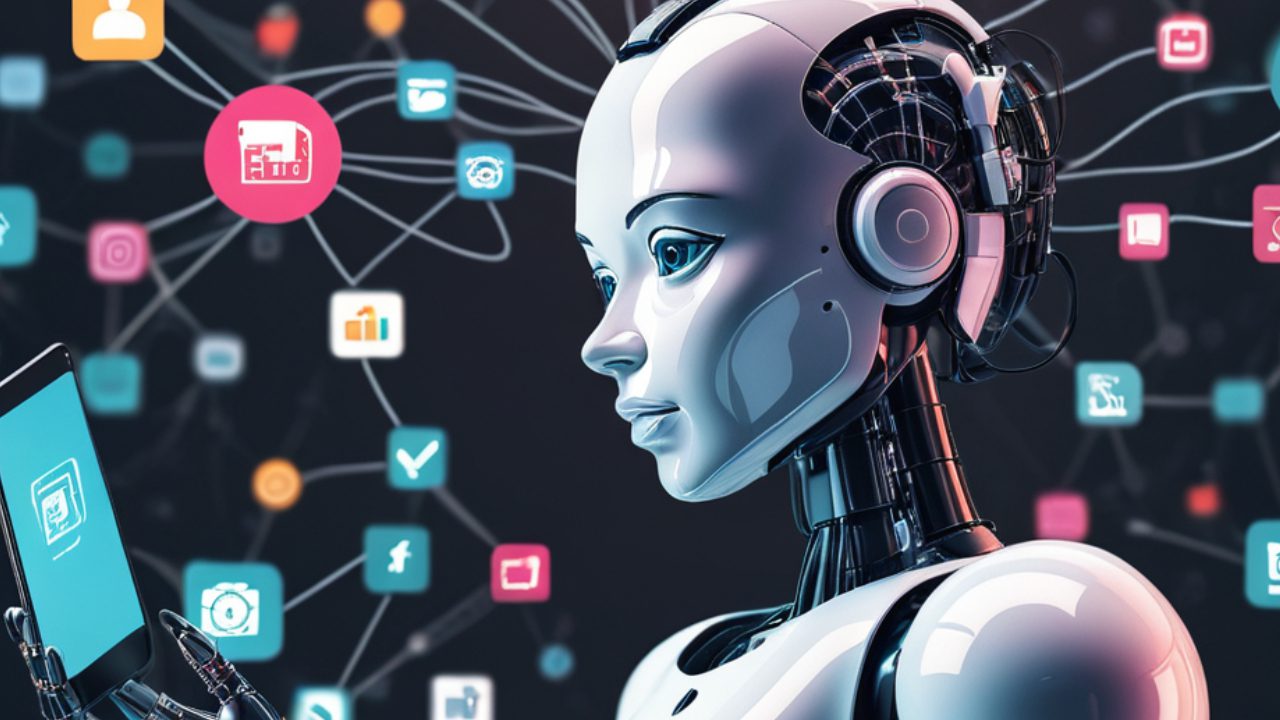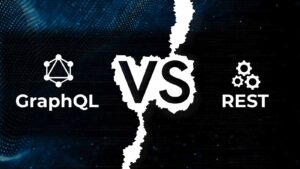Introduction
Artificial Intelligence (AI) has emerged as a game-changer in the realm of digital marketing, reshaping strategies and capabilities across various industries. In today’s fast-paced digital landscape, understanding AI’s role and potential is crucial for businesses aiming to stay competitive and relevant. This blog delves into the profound impact of AI on digital marketing practices, exploring its transformative effects and future implications.
Understanding Artificial Intelligence in Digital Marketing
AI encompasses a range of technologies that enable machines to perform tasks that typically require human intelligence, such as learning, reasoning, problem-solving, and language understanding. In digital marketing, AI is leveraged to analyze vast amounts of data, automate processes, and enhance decision-making capabilities. This technological advancement is not just a trend but a strategic imperative for businesses seeking to optimize their marketing efforts and drive meaningful engagement with their audience.
How AI is Revolutionizing Digital Marketing
- Personalized Customer Experiences: AI-driven algorithms analyze consumer behavior, preferences, and interactions in real-time, enabling marketers to deliver personalized experiences at scale. By tailoring content, recommendations, and advertisements to individual interests, brands can foster deeper connections with their audience and increase conversion rates.
- Predictive Analytics: AI-powered predictive analytics transforms how marketers forecast trends, customer behaviors, and campaign performance. By analyzing historical data and identifying patterns, AI algorithms provide actionable insights that inform strategic decisions and optimize marketing initiatives.
- Chatbots and Customer Service: AI-powered chatbots are revolutionizing customer service by providing instant responses to inquiries, resolving issues promptly, and offering personalized recommendations. This round-the-clock support enhances customer satisfaction, reduces response times, and boosts operational efficiency.
- Content Creation and Optimization: AI tools are capable of generating, curating, and optimizing content across various platforms. From writing compelling blog posts and social media captions to designing engaging visuals, AI streamlines content creation processes while ensuring relevance, SEO effectiveness, and audience engagement.
- Marketing Automation: AI automates routine marketing tasks such as email campaigns, A/B testing, and campaign performance analysis. By automating these processes, marketers can focus more on strategy development, creative initiatives, and relationship-building with customers, ultimately driving greater efficiency and ROI.
The Future of AI in Digital Marketing
Looking ahead, AI’s role in digital marketing is poised to expand further as technology continues to evolve. Innovations in machine learning, natural language processing, and predictive modeling will enable deeper personalization, advanced automation, and more sophisticated data-driven strategies. As AI becomes more accessible and integrated into marketing platforms, businesses of all sizes can leverage its capabilities to gain a competitive edge, drive growth, and adapt to evolving consumer expectations.
Conclusion
In conclusion, the integration of Artificial Intelligence into digital marketing strategies represents a significant shift towards data-driven decision-making, personalized experiences, and enhanced customer engagement. By embracing AI technologies and staying informed about emerging trends, businesses can unlock new opportunities, optimize marketing performance, and navigate the complexities of the digital landscape with confidence.




